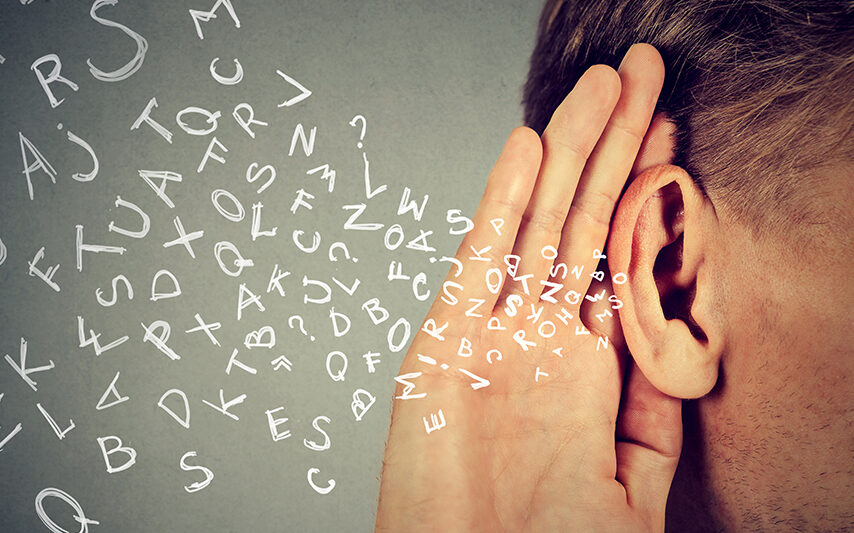Many changes with age can be unavoidable. But did you know that a common problem in the elderly, hearing loss, is not one of them? Many older people and their families hope that a hearing is obvious. While it is true that hearing loss is not uncommon, especially after the age of 65, there are some steps we can take to avoid its severity when we are young.
Facts about hearing and hearing problems
The National Institutes of Health estimate that one-third of people in the United States between the ages of 65 and 75 have difficulty hearing, and half of the people over the age of 75 have difficulty hearing normal voices. Falls Of the 20 million hearing-impaired Americans, ages 40 to 65 or older. Then tool kit of Medical instruments must contain a Cynamed Otoscope to examine the ears of an elder person in your family.
5 tips to prevent hearing problems
When a sound wave reaches a structure in the inner ear, it causes the arm of the ear to vibrate before passing through the cochlea. Thousands of tiny hairs attach to cochlear nerve cells that help convert vibrations into electrical signals that are sent to the brain.
The medical term for progressive hearing loss with age is presbycusis. This is due to the loss of short hair cells that act as sound receptors, as well as free radical damage that can block the tissue in the ear that acts as a sound amplifier. Another reason for hearing loss is wax build-up in the inner ear. Aero wax can block the ear canal and block sound waves. This type of hearing loss can usually be treated by removing the candles.
As hearing loss can occur at any age, preventive measures must be taken early and become a habit of life. Here are 5 key ways to prevent unnecessary hearing loss:
Avoid risky noise: Unfortunately, due to environmental influences, people of all ages suffer from hearing loss at an early and rapid age. Reduce noise in your life by reducing the volume of stereo, TV, car stereo, especially when using personal earbuds through earphones or earphones. When using headphones to listen to music, do not set the volume above 50 decibels and never exceed 80 decibels, even for a short time.
The most dangerous activities and equipment for our ears include snowboarding, hunting, lawnmowers, leaf blowers, jet skis, and power tools. Always avoid listening when doing these activities and sports, and especially in places where loud noises are common for long periods. Mayo Clinic recommends custom or molded rubber or plastic air plugs as a way to prevent hearing loss.
Practice good hygiene: Never put cotton wool or other things in your ears to remove wax or scratch your ears. If the fluid in your ears is causing your hearing problems, talk to your doctor about the best way to get rid of it.
Always release your voice slowly and consume both nostrils. During a plane ride, you often have to swallow when the plane lands. If you have a fever, flu, bone infection, or upper respiratory illness, take a nasal decongestant or nasal spray a few hours before landing before the plane lands.
Overcome Medical Conditions: If treated properly, such as hypertension, heart disease, diabetes, atherosclerosis, and other circulatory conditions, they can lead to hearing loss. The inner part of the ear is sensitive and delicate, so any circulatory problem can affect your hearing. People who smoke can also have hearing problems.
Talk to your doctor about your treatments – Some medications, but not many can affect your hearing. For example, taking large amounts of aspirin can have a temporary effect on your hearing. Some types of diuretics can also affect hearing. Because hearing loss is partly genetic, talk to your doctor if anyone in your family has hearing difficulties.
Don’t wait to see a doctor – once the sound in the ear is bad, it can’t be reversed, but further damage can be avoided. If you think that you or your beloved fairy is suffering try to see a doctor as early as possible.





